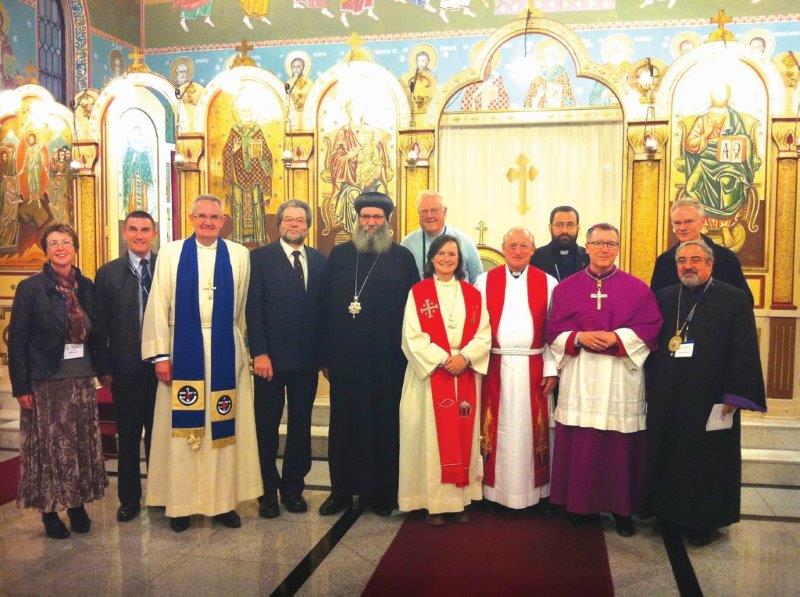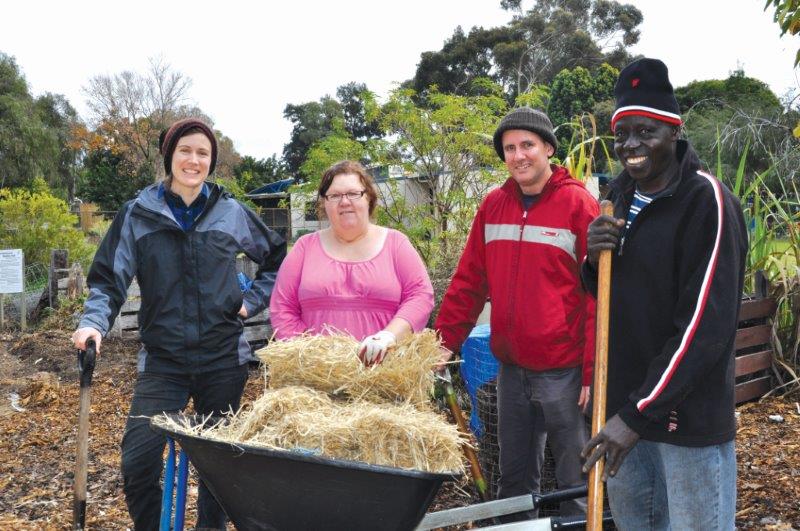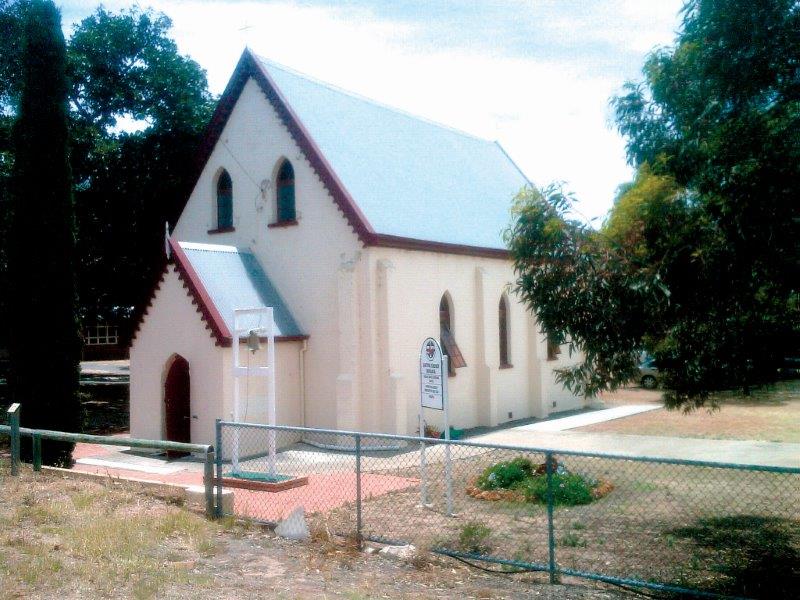One night as I drove home, I heard an interview with Margaret Heffernan about her then new book, Wilful Blindness. As she explained the premise of her book it occurred to me that we, the church, suffer from this phenomena. Wilful blindness can be seen in marriages (why did she never ask about all those business trips?), in hospitals (why did he skip his check-ups?) and in boardrooms (why did nobody question those deals?). Indeed it can be seen in every walk of life. And I think it explains what’s going on in the church.
For over two decades researchers from the National Church Life Survey, among others, have been telling us that unless we change drastically, church decline will become terminal by around 2020. The researchers were vilified when their first results were published and yet, with very few exceptions, mainline Christian denominations in Australia, the UCA included, have continued to age and decline. And we’re still not doing anything significant about it.
Yes, we talk about it a lot. We tinker around the edges of worship; we even talk the language of emerging church and fresh expressions. But we continue to do what we’ve always done but with fewer and fewer people, and little or no hope. We continue to behave like a church that is considerably bigger and more influential than it is; we continue to place almost all our time and energy and resourcing on Sunday worship despite the fact that we know that any newcomers are most likely transfers from another congregation or denomination.
 Sick of turning the other cheek? Dianne Jensen explores what it means to forgive and to be forgiven.
Sick of turning the other cheek? Dianne Jensen explores what it means to forgive and to be forgiven.

